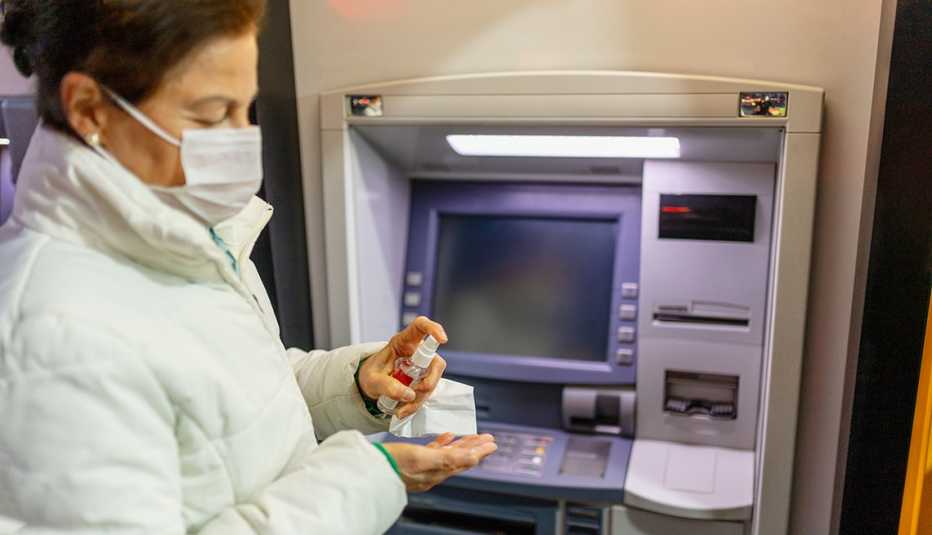Many banks also have online budgeting and financial planning tools and allow you to send and receive money through partnerships with mobile-payment services like Zelle.
I'm worried about security. Is online banking safe?
Banks use encryption and other technologies to protect customers’ personal and financial information. Breaches do happen, but the bigger danger comes from scammers who try to pry private data from individual consumers and use it to access or open accounts.
Be wary of unsolicited emails, texts and phone calls purporting to be from your bank, especially if they include attachments or ask for personal information like your account or Social Security number. You'll find more tips on safeguarding your data in the AARP Fraud Resource Center, especially the entries on online banking, phishing and identity theft.
What if I have business that requires speaking directly with a bank employee?
You may be able to schedule a face-to-face meeting with someone at your local branch. Call the bank’s customer service number or look for information on its website about making an appointment. Some major banks, such as Bank of America and Wells Fargo, offer videoconferencing.
Can I open an account with a new bank online?
Yes, many banks will let you start a new account online, in some cases without requiring an initial deposit. The FDIC’s #GetBanked page has information on getting started. Check the websites of Bank On, a project of the nonprofit Cities for Financial Empowerment Fund, and the trade group Independent Community Bankers of America to find national and local banks that let you establish accounts remotely.
Can my bank keep my stimulus check if I owe money?
It's possible. As tens of millions of Americans receive their third COVID-19 relief payments in the form of checks or direct deposits, banks may be able to tap that money if, for example, a recipient is overdrawn on an account or delinquent on a loan.
Several major banks have pledged during the pandemic not to use stimulus money to make up those negative balances. However, even those institutions could be required by court order to turn over stimulus funds to debt collectors.
That's because the $1.9 trillion American Rescue Plan passed in March does not include language shielding stimulus money from being garnished for private debts, unlike the prior round of federal COVID-19 relief enacted late last year. The new bill was passed under Congress' reconciliation process, limiting it to providions directly related to the federal budget. It does prevent stimulus funds from being seized for some government debts, such as back taxes or child support.
The American Bankers Association, joined by a host of financial-industry and consumer-advocacy groups, is calling on Congress to pass separate legislation protecing the relief payments from debt collection, and Oregon Sen. Ron Wyden is reportedly planning to introduce such a measure.





































































More on money
Does Your Bank Earn Your Customer Loyalty?
Find out if it's time to move your moneyWhat Is the IRS Timeline to Send the Third Stimulus Checks?
The $1,400 payments, approved on March 11, include adult dependents for first timeWhat’s a Sure Sign You Need a Credit Counselor?
Debts that used to be manageable, now overwhelm you